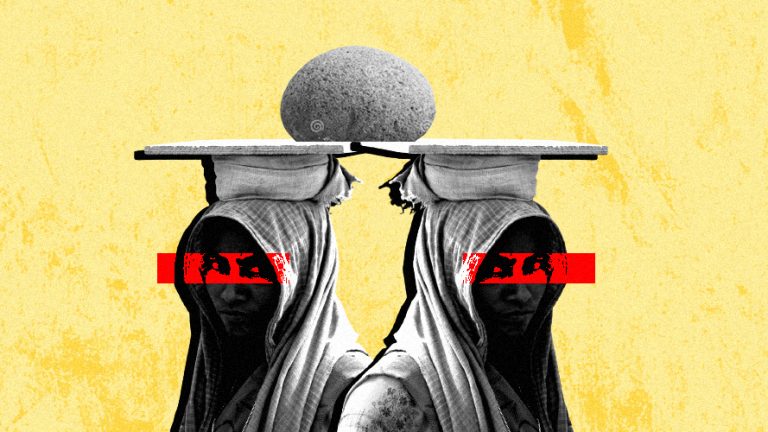Exploring challenges faced by marginalized women. Navigating gender Bias and cultural possibilities
Embedded in a complex web of societal forces, marginalized women face various issues that require our concentrated study and attention. The article “Addressing Unique Challenges Faced by Marginalized Women” explores women’s difficulties as they negotiate the complex interactions between gender bias, socioeconomic inequalities, and cultural prejudice. This deep analysis highlights these women’s distinctive challenges, from unequal access to healthcare and education to reduced economic possibilities.
We can promote a more equal world where every woman’s voice is heard, and her potential is unlocked by acknowledging their distinctive experiences and advocating for specific actions.
Empowering Through Education
Limited access to high-quality education is among marginalized women’s most critical issues. They are frequently relegated to the margins of learning by discriminatory social standards, which feed disadvantageous cycles. Destroying these barriers is essential since education is the cornerstone of empowerment. Scholarship programs, mentoring programs, and community-based educational institutions can give women the tools to break through obstacles and design their lives for themselves.
Healthcare Parity
Women who are marginalized experience disproportionate healthcare barriers, which exacerbates their vulnerability. They frequently avoid medical care due to financial hardship and cultural taboos, endangering their health. Critical services can be made more accessible with the help of awareness efforts that dispel prejudices and healthcare regulations that consider their particular needs. We can protect their physical and mental well-being by guaranteeing access to reproductive health and treating current ailments.
Economic Inclusion
A key component in the pursuit of gender equality is economic empowerment. However, marginalized women are frequently forced into low-wage, informal work, which keeps them dependent on the economy. A transformational change can be sparked by easing their entry into the formal economy through mentorship, microfinance, and vocational training. Eliminating discriminatory hiring procedures is another.
Cultural Sensitivity
Cultural expectations may help or hinder the advancement of marginalized women. Through focused awareness initiatives and community conversations, it is necessary to question traditional attitudes that support inequality. A more inclusive society that recognizes and respects every woman’s agency can result from creating safe spaces for free dialogue and encouraging the elimination of oppressive practices.
Legal Empowerment
It is crucial to strengthen legislative frameworks to protect the rights of marginalized women. It is essential to fight for strict legislation prohibiting job discrimination, early marriage, and gender-based violence. Making sure that these rules are implemented effectively and that support services and legal assistance are easily accessible is equally important. A significant change towards equality starts when women are aware of their legal rights and may exercise them without fear.
Amplifying Voices
It is impossible to undervalue the power of representation and storytelling. The silence around marginalized women’s struggles can be broken by amplifying their voices through media, literature, and public forums. We can encourage empathy and motivate group action to remove systemic barriers by hearing about people’s stories of resiliency and success.
Collaborative Action
Governments, NGOs, civic society, and the commercial sector must work together to address the particular problems marginalized women confront. A comprehensive strategy must include resource allocation, strategic alliances, and policy changes. By working together, we can pool our resources and knowledge to bring about long-term change.
Conclusion
The path to equality demands a constant dedication to comprehending and tackling the particular difficulties marginalized women experience. We can all work together to create a path toward empowerment, inclusion, and transformation by recognizing the intersectionality of their issues and using specialized solutions. Let’s keep in mind that success for society’s most disadvantaged individuals is inextricably tied to progress for society as a whole as we work to create a future where every woman may reach her full potential.





Add comment